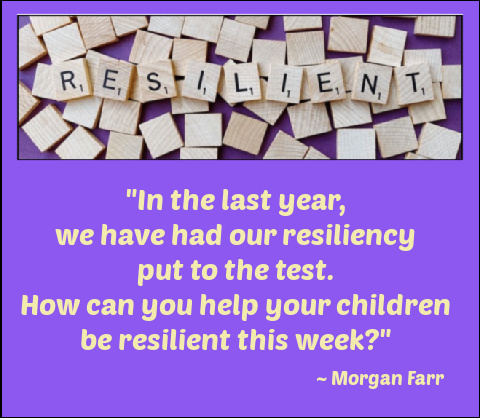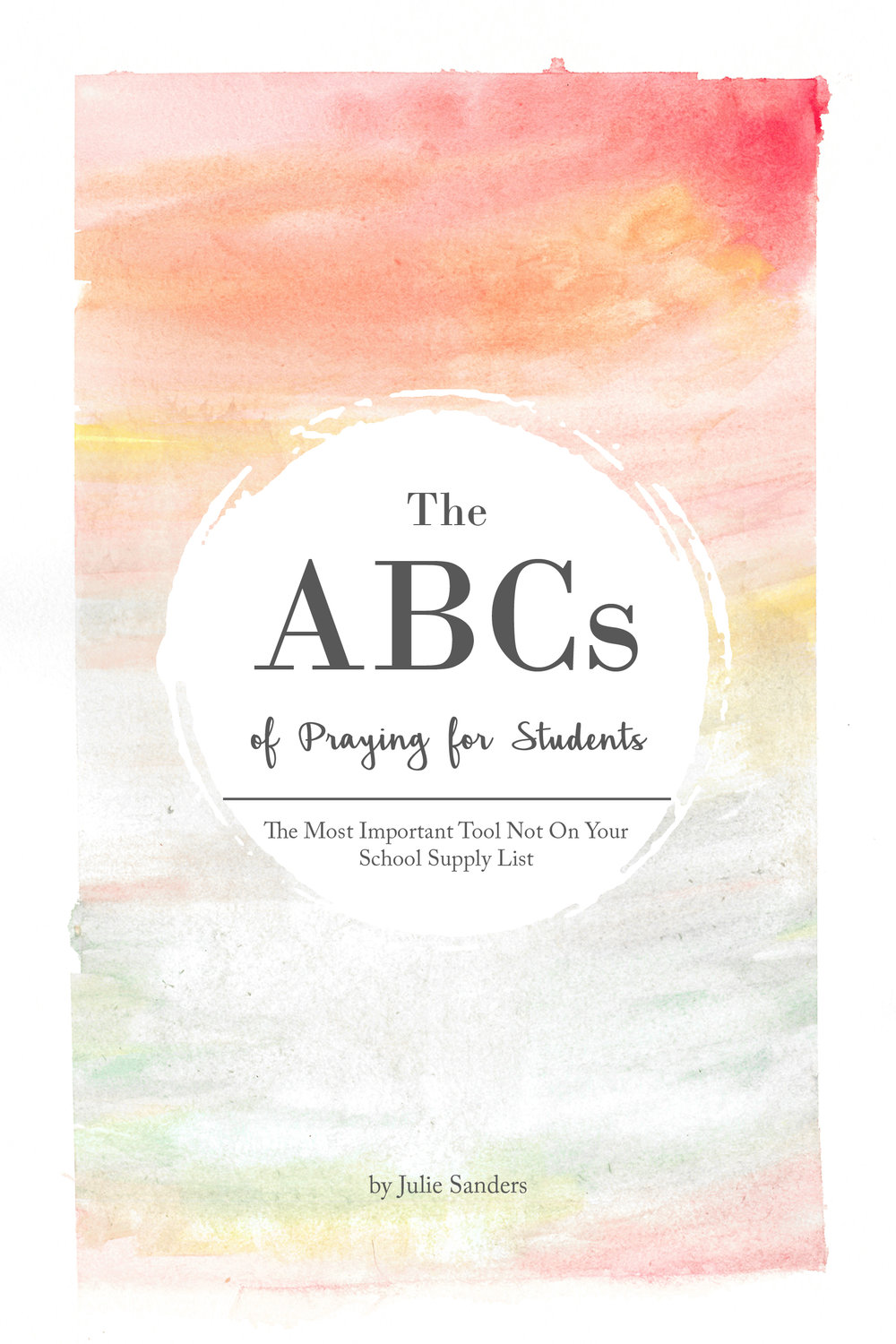In this Friendship UPGRADE, Dawn Wilson shares some important things she has learned about friendships, and the "Girlfriend Power" that comes when we cultivate a number of kinds of friendships—including friendship with Jesus Christ.

This article includes some general thoughts about friendship, the four levels of friendship, seven kinds of friendship, and a little about Jesus—the friend of sinners.
Some General Thoughts about Friendship
Our Father God created us to be social creatures. Friendship is an important element of that.
The New Testament gives us three words for "friends."
- A Phlios friend - This is a friendship that is endearing or dear.
- A Hetairos friend — This is more like companionship or partnership; a common goal, but not necessarily like a philos friend.
- A Peitho friend — This is someone we try to persuade or influence, and in some cases, it can disintegrate into manipulation (which is not something we want to do).
The Bible warns us about friends who that can corrupt us (1 Corinthians 15:33) or friends who can turn on us—"false friends" like Pharaoh's butler (Genesis 40:23), Ahithophel, David's counselor (2 Samuel 15:12), Judas Isariot (Matthew 26:48-49).
But positive friendships can build us up in 1 Corinthians 13:4-8a—the qualities of genuine love.
What should be the scope of our friendships?
We need to cultivate friendships in the world (while not becoming like the world)—with neighbors, co-workers, etc.,—so we can be used of God in their lives. We also need to cultivate friendships in the family of God (Psalm 119:63), which will be a great source of strength.
Potential friends might be introverts, extroverts (or ambiverts, a combination). You will be wise not to exclude people who are not "like you." God will lead you to the kinds of friends that you need the most, or that need you the most, so that you can minister well and bring Him praise.
Most people experience FOUR LEVELS OF FRIENDSHIP. Jesus, our example, experienced all four during His earthly ministry.
1. Acquaintances
These are people you say "hi" to all the time, or even a one-time contact. But don't take them lightly; they are likely divine appointments.
Like most of us, Jesus had many acquaintances, and He took time to interact with them. He asked simple questions to get to know them better (on a human level) or help them understand or evaluate their own needs.
In the story of the Samaritan woman (John 4:1-26), Jesus asked the woman at the well a simple question, "Will you give me a drink?" He asked blind Bartimaeus (Mark 10:46-52), "What do you want me to do for you?"—and then, responding to the man's faith, Jesus restored his sight.
You might ask an acquaintance general questions—like "Where do you work?" or "Can you help me with this?"—to open the door to getting to know her better in a public way.
2. Casual Friends
These are most of the friendships you'll make. A casual friendship can develop quickly from acquaintances. (Note: Many friendships are begun and developed online that might be described as casual or a higher level, over time.)
It's been said that casual friendships are "soulish"—connections are made through the mind, will and emotions. Casual friends may have common interests or activities. They may express similar concerns.
Jesus told wealthy Zacchaeus He was going to visit in his home, but He recognized the tax collector's curiosity and eagerness, and He turned the conversation to spiriitual things (Luke 19:1-9). Jesus' acquaintance-level encounter with the inquiring Nicodemus led to a casual (but meaningful) conversation as He taught the Jewish council member biblical truths he'd missed (John 3:1-21).
Casual friendships are built by asking more personal questions: (1) to discover strengths and weaknesses, and (2) for mutual spiritual growth. For example, ask casual friends for their opinions and goals. Seek out ways to help them, pray for them, or encourage interest in the Bible.
Be trustworthy and many of these relationships will grow closer.
3. Close Friends
These are a smaller group of friends. While the first two levels can be with believers or non-believers, for the Christian, close friendships are meant to be "spiritual." A oneness of spirit develops IN the Spirit (2 Corinthians 13:14; Philippians 2:1-2; 1 John 1:5, 7).
Jesus' relationship with most of His disciples would be this kind of friendship; and Mary, Martha, and Lazarus were likely also close friends. Mary Magdalene was a committed follower too, and likely a close friend. There are many biblical examples of how He built into their lives in spiritual ways, encouraged them, and helped them understand biblical truth.
There's a higher level of responsibility in close friendships. We are instructed to exhort one another and "provoke one another" to love and good works (Hebrews 3:13; 10:24).
At this level, friends should invest in each other. Perhaps they might join in a Bible study togehter or work on a projects together that lead to mutual maturity and spiritual success.
4. Intimate Friends
At each level, the number of friends decreases. Jesus seemed to have a special friendship with an "inner circle" of friends. These kinds of friends are special and rare.
Three disciples are mentioned as being with Jesus at extraordinary times when His glory and power were manifest, and when He was sorrowful and needing physical strength. These three—Peter, James, and his brother, John—were with Him at the Transfiguration (Mark 9:2-13; Luke 9:28), when He raised Jairus' daughter (Mark 5:37; Luke 8:51), and during His agony in the Garden of Gethsemane (Matthew 26:36-38).
A natural-born and proud leader, Peter led the disciples in a profound statement of faith (Matthew 16:17-19); but the Lord—in His sovereign love for His friend—had to take Peter through a tough learning process, teaching him humility after he denied the Lord (Luke 22:54-62).
The "sons of thunder"—James and John—were likely together with Jesus a lot. John was described as the "one Jesus loved" (John 13:23)—they were essentially "best friends." It was to this John that He entrusted the care of His earthly mother (John 19:26). Faithful James was the first martyr for his testimony of faith in Jesus (Acts 12:2).
With our intimate friends, our goal is to help each other mature in godly character and obey the Lord. This may take on many forms: Correction or pointing out "blind spots;" Helping discern root causes and suggesting biblical solutions; Honest conversations with humility; Discretion and discernment, etc. And loyalty, faithfulness, and prayer are givens.
(Note: In general, women's friendships tend to be more intimate and involve more emotional sharing than men's friendships, and women generally self-disclose more than men, especially in intimate relationships. Some caution should be taken to keep these intimate friendships pure and God-honoring.)
We all need a lot of different kinds of friends, because NO ONE earthly friend can meet all our needs ... except Jesus.
Expecting any one friend to be all things to you isn't fair or wise.
There are at least seven kinds of friends we all need (though not necessarily at the same time).
As you read through these descriptions, ask THREE QUESTIONS:
- Who has been that kind of friend to you?
- Does someone consider YOU this kind of friend?
- Is there a type of friendship you might need to cultivate?
The Seven Friendships You Need
Try to intentionally cultivate these kinds of friendships:
1. A LAUGHING Friend — Someone who helps you create fun times.
You might say to her, "I love to be with you. You make me laugh!"
Maybe she's funny. Maybe she's witty. Maybe she has a unique and refreshing way to look at circumstances that makes you giggle or laugh. She enters into your joy.
Joy is a healthy thing, and some friends will lead you to joy easier than others. Sing to the Lord in joy together. Rejoice in Him together. (Proverbs 17:22a; Psalm 5:11)
2. A LOYAL Friend — Someone you can count on!
She's someone who says, "Don't worry, I'll stick with you through this" or "I'll stand by you, no matter what."
You know you are safe with her. You can trust her to be there for you. (It's been said that a good friend is like a good bra—she'll never let you down!)
She might even rush to defend you when you're attacked (or help you trust the Lord in the midst of it).
Proverbs 18:24 says unreliable friends can lead to our ruin, but "there is a friend who sticks closer than a brother." (Yes, we use that in regard to Jesus, but the principle is true for us too.)
3. A LOVING Friend — Someone who truly cares about you and shows it in loving ways.
If her heart could speak to you, it would say, "No matter what, I choose to love you."
She isn't put off by your foibles and failures. She knows you'll make mistakes. She know you might even hurt her. She sees past all that (Proverbs 17:17a) and simply loves you with the love of Christ. She selflessly loves you as Jesus loves her (John 13:34).
King David and Saul's son Jonathan had a great friendship because Jonathan's love for David was "wonderful"—strong and courageous love (2 Samuel 1:26).
4. A LEARNING Friend — Someone who cares enough to confront you, desiring to help you grow in Christ.
At first, you might feel uncomfortable with such a friend, but with maturity you will treasure her wisdom and discernment.
She says, "I will always speak truth into your life."
She's not afraid to challenge or warn you. But she isn't caustic or harsh. She speaks words of truth in love to help you mature (Ephesians 4:15). She speaks words of hope, grace and truth, and she'll suggest ways you might apply truth (Proverbs 25:11-12).
This is the friend who takes the risk to share what you need to know, but then gives you room to change without pressuring you. The Bible describes this special interaction as "wounds from a friend" and iron sharpening iron (Proverbs 27:6a, 17).
5. A LISTENING Friend — Someone who listens to your heart, not just your words.
She might say, "I'm not only listening; I really HEAR you."
She's quick to listen and slow to speak (James 1:19)—carefully weighing any advice—because she wants you to know you're valued and really heard. She wants you to get it all out on the table. She enters into your sorrows.
[In a delightful scripture, Exodus 33:11, we see the Lord speaking to Moses, face to face, "as one speaks to a friend." It was up to Moses to listen. If we would be a friend of God, we need to carefully listen when He speaks to us in the Word—intending to obey.]
Remember that a good "listening" friend is also discreet and confidential.
6. A LEANING Friend — Someone you can "lean into" for practical help and emotional support.
She says, "I'll help you, and if you need me to be strong for you, I'm here!"
She is available to pray for you, serve or minister to you in times of need.
This is where spiritual gifts can play out to encourage our friends (Romans 12:6-8; 1 Corinthians 12:8-10; 1 Peter 4:11).
Not only does your helpful sister-friend love you, she is born for a time of adversity you might face (Proverbs 17:17). Don't be afraid to ask for her help.
7. A LIFTING Friend — Someone who encourages you and lifts you up. She's your human sparkplug and your "cheerleader."
She says things like, "I know you can do it" and "I'm in your corner!"
She refreshes you with encouraging counsel (Proverbs 27:9), rejoices with you (Romans 12:15a) when you accomplish great things. She helps you back up when you fall (Ecclesiastes 4:10) and help you find solutions.
What qualities do you treasure in your friends? How do you let them know you appreciate them?
A Few More Tips
- Don't make close friendships with angry, hot-tempered people (Proverbs 22:24-25). Toxic friends poison or sabotage your life ... to deal with them, think: "What would Jesus do?"
- Don't gossip with (or about) friends (Proverbs 16:28).
- Act friendly—good friendships take effort, so study how to be a good friend (Proverbs 18:24a).
- Ask God to help you choose friends wisely (Proverbs 13:20).
- Always forgive your friends (Proverbs 18:19). Remember: the friends we keep the longest are friends who forgave us the most.
The ULTIMATE Friend
Speaking of forgiveness, Jesus is the ultimate Friend, the "Friend of Sinners" (Luke 7:31-34).
- Jesus wants to rejoice with you.
- He is loyal to you and will stick closer than your nearest relative.
- He will always love you unconditionally.
- Jesus is your wise and wonderful counselor.
- You can pray to Him and He listens.
- He wants to encourage and bless you.
- He invests in your life.
- He invites you to trust Him, lean on Him.
Do you know this "Ultimate Friend"?
The Lord wants us to enjoy many kinds of friendships, including His own.
Jesus said to His followers,
"This is my command. Love one another the way I loved you. This is the very best way to love. Put your life on the line for your friends. ... You are My friends when you do the things I command you" (John 15:12-14, Msg).
It's very clear. The best "Girlfriend Power" begins with God's Love!
Now ... go back and re-read the questions about friendship (before the seven types of friends).
Did you discover some powerful friends you didn't realize you have? Did you discover new ways to be a powerful friend? Do you need to cultivate these friendships? How's your friendship with Jesus going?
Dawn Wilson, founder and President of Heart Choices Today, is a speaker and author,  and the creator the blog, Upgrade with Dawn. She is a contracted researcher/reviewer for women's teacher and revivalist, Nancy DeMoss Wolgemuth, at Revive Our Hearts, a blogger at TrueWoman.com, writes wiki-type posts at Christianity.com, and is a regular columnist at Crosswalk.com. She and her husband Bob live in sunny Southern California, and Dawn has traveled with Him in Pacesetter Global Outreach. They have two grown, married sons, three granddaughters and a rascally maltipoo, Roscoe.
and the creator the blog, Upgrade with Dawn. She is a contracted researcher/reviewer for women's teacher and revivalist, Nancy DeMoss Wolgemuth, at Revive Our Hearts, a blogger at TrueWoman.com, writes wiki-type posts at Christianity.com, and is a regular columnist at Crosswalk.com. She and her husband Bob live in sunny Southern California, and Dawn has traveled with Him in Pacesetter Global Outreach. They have two grown, married sons, three granddaughters and a rascally maltipoo, Roscoe.

 Morgan Farr is a Texas-loving, succulent-cultivating, book nerd and aspiring author. Stationed in Philadelphia, Pennsylvania, this Army wife is learning to train dogs, developing her four young children, and tackling homeschool life… while moving all over the country. You can find more of Morgan’s thoughts on her blog.
Morgan Farr is a Texas-loving, succulent-cultivating, book nerd and aspiring author. Stationed in Philadelphia, Pennsylvania, this Army wife is learning to train dogs, developing her four young children, and tackling homeschool life… while moving all over the country. You can find more of Morgan’s thoughts on her blog. Post a Comment → Posted on
Post a Comment → Posted on  Tuesday, March 16, 2021 at 11:00AM
Tuesday, March 16, 2021 at 11:00AM  Dawn Wilson,
Dawn Wilson,  How Children Learn Resilience,
How Children Learn Resilience,  Morgan Farr,
Morgan Farr,  Parenting,
Parenting,  Resilience,
Resilience,  Resiliency,
Resiliency,  Resilient,
Resilient,  Resilient Children,
Resilient Children,  Upgrade with Dawn Upgrade Your Life
Upgrade with Dawn Upgrade Your Life  Character,
Character,  Parenting
Parenting 












